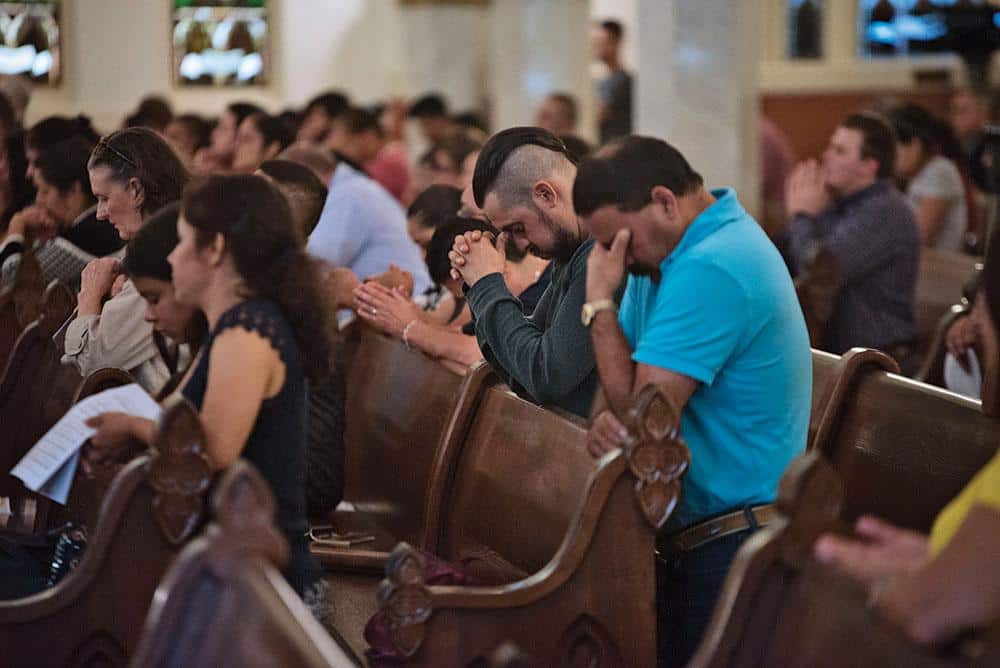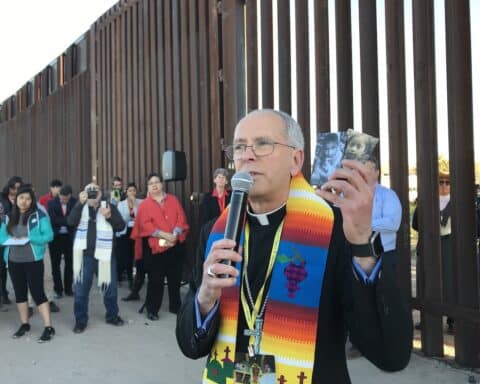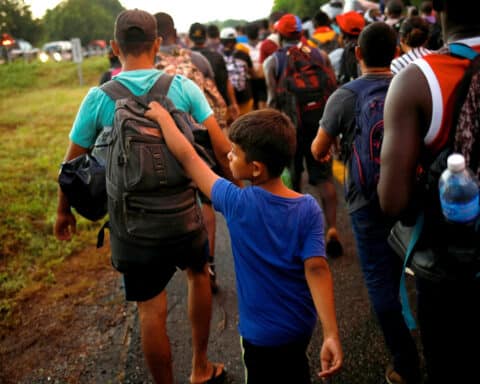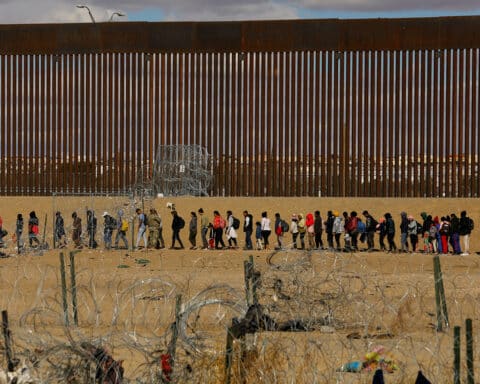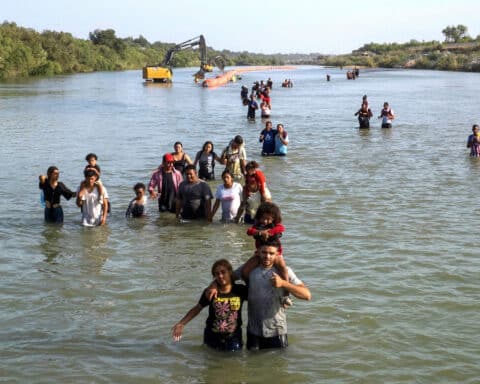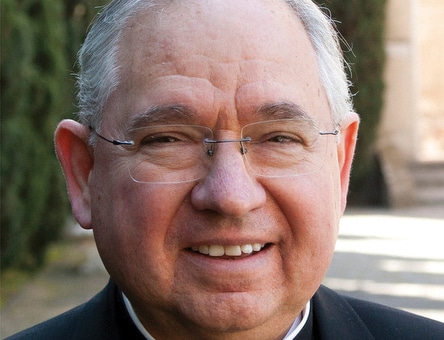
All week long, I’ve been praying and reflecting on the mass shootings in California, Ohio, and El Paso, Texas.
El Paso hit me in a personal way. My family is Mexican and American, and we trace our roots back to the early 1800s in what is now Texas; I lived much of my adult life there, including my five years as Archbishop of San Antonio.
But El Paso is more than personal. With El Paso a line has been crossed in our nation.
In recent years, we have seen the evil of African Americans being targeted in racist terror attacks, notably with the church shooting in Charleston, South Carolina, in 2015. With El Paso, for the first time, a massacre has been carried out in the name of stopping Mexican migration.
In the 22 dead in El Paso, and the two dozen more wounded, in the children left with no parents, in the shattered security of a peaceful border town, we are left with some hard questions about what our nation is becoming.
If “white nationalism” is on the rise, it is a sign of how far we have fallen from the Christian universalism of our nation’s founding ideals.
In Jesus Christ, there is no Mexican or black, no Vietnamese, Chinese, Korean or Filipino, no Russian or Italian, African or Salvadoran, no migrant or native-born.
In Jesus Christ, there are only children of God — made in his image, temples of the Holy Spirit, endowed by their Creator with dignity and equality and human rights that must be protected and that no one can violate.
The humanity of others is never negotiable. Men and women do not become less than human, less a child of God, because they are “undocumented.” Yet, in our nation, it has become common to hear migrants talked about and treated as if they are somehow beneath caring about.
White nationalism and domestic terrorism are nothing new, sadly.
The killings in El Paso will take their place alongside the crackdowns on Japanese Americans during World War II, the bombings of churches in the Jim Crow South, the lynchings of Mexicans in Texas that continued into the 1920s, among many shameful episodes from our past.
But the myth that America was founded by and for white people is just that — a myth.
This land was born as an encounter of cultures, first with Native Americans. Hispanics arrived in Texas in 1519. Asians started arriving in California about 50 years before the pilgrims made it to Plymouth Rock.
The first non-native language spoken on this continent was Spanish, not English. And this country has always been renewed, again and again, by successive waves of immigrants from every nation on earth.
This is the truth about America. But right now there is fear and division because our nation is changing.
There are more and more cities, like El Paso and Los Angeles, where racial and ethnic minorities now outnumber Americans of European descent. Whites account for less than half of the children being born in America today.
There is genuine anxiety for the future, as the economy continues to change and dislocate people, driven by the forces of globalization and automation. Worldwide, we see the mass migrations of poor people seeking refuge in richer nations — people driven from their homes by violence and instability in their homelands.
These are the realities of the world we live in and they will only intensify. The question for us is how will we respond.
Jesus calls us to find him in the poor and the migrant, the prisoner, the homeless, and the sick. He calls us to love others as ourselves, to love others as he loved us. The love we show to those who come to us seeking a new life is the love we show to Christ. He does not make exceptions for only the “deserving poor” or for those with the proper papers.
After El Paso, it is clear that this is our mission. We need to help our society to see our common humanity — that we are all children of God, meant to live together as brothers and sisters, no matter the color of our skin, the language we speak, or the place we were born.
The way we honor the lives taken at El Paso is to live with true Christian love — and to live for the vision of America that their killer denied.
Pray for me this week, and I will pray for you.
And let us implore our Blessed Mother to intercede for us, that we may build an America that is still a beacon of hope for peoples of every country, who look to this nation for refuge, for freedom and equality under God.

